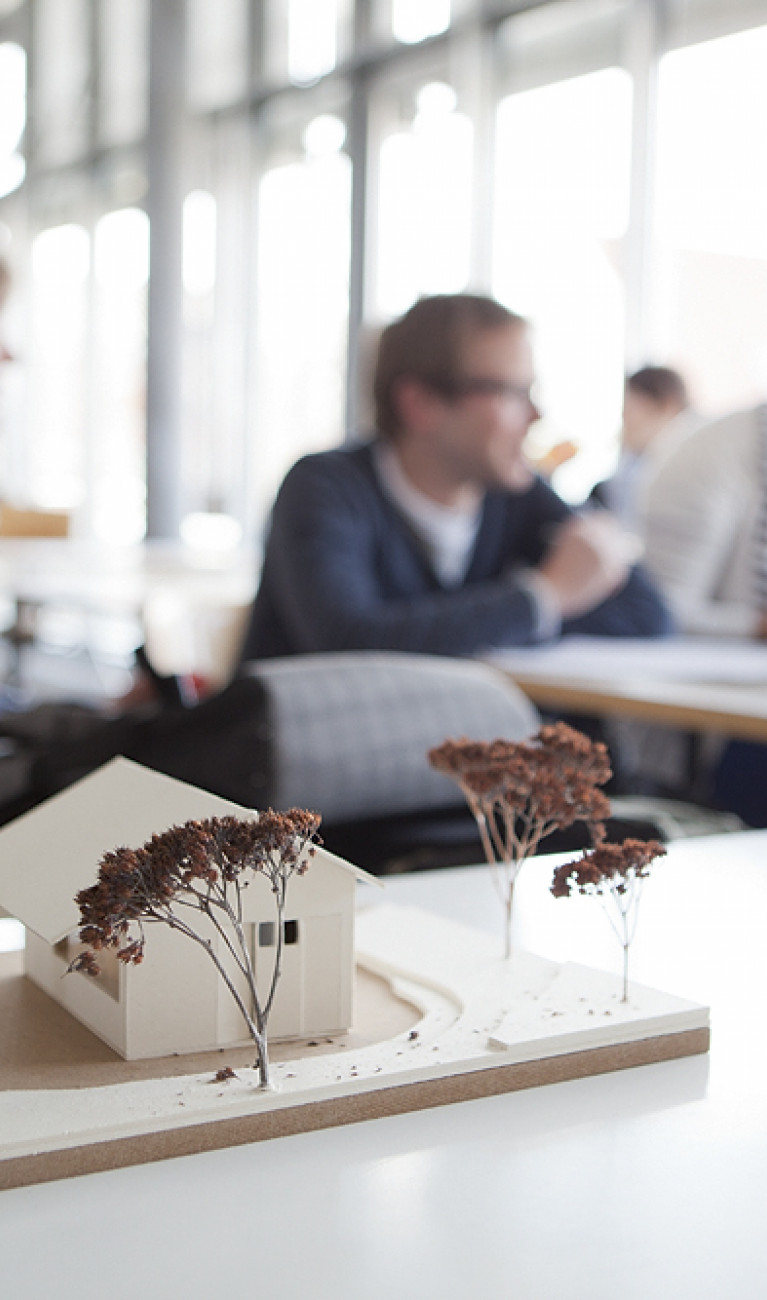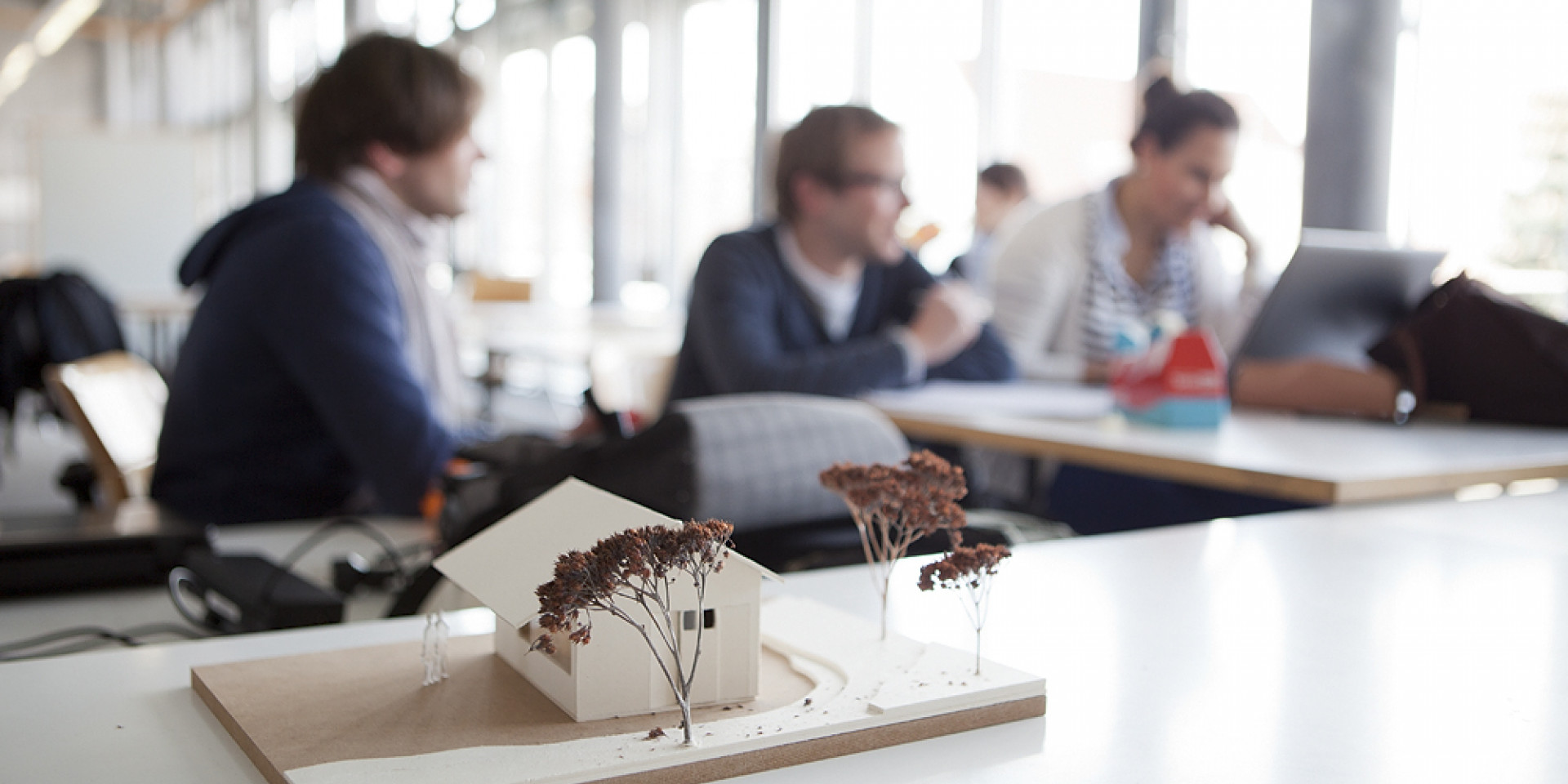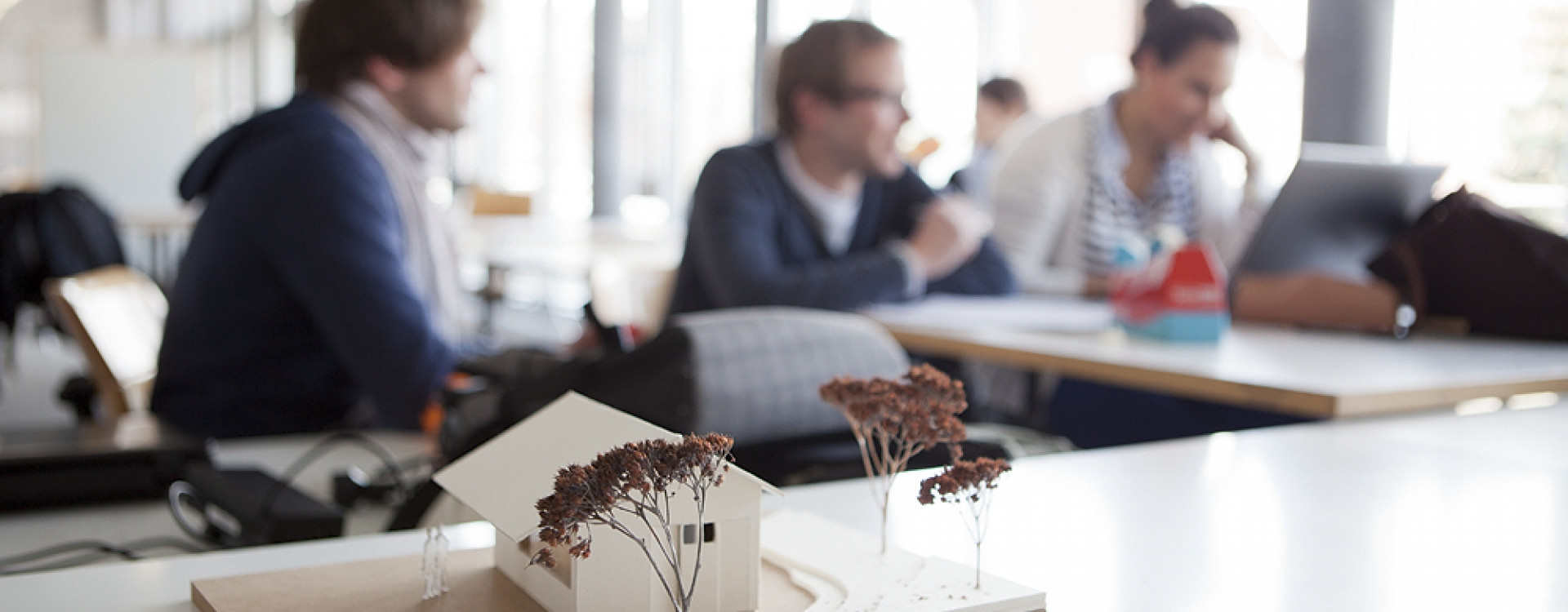





Component code / course code:
Semester: winter / summer
ECTS credits: 5
Lecture hours per week (SWS): 4
Lecturer: Prof. Luigiemanuele Amabile
Course language: English
Prerequisite: 2nd year students
Objectives (Learning Outcome): The architecture department offers workshops on different topics addressing the current development and challenges of city planning. The workshop attempts to learn the strategies discussed in practical application and to reflect on them critically.
Lecture topics (content): Perception is the foundation of the design process, shaped by personal observation and experience. It informs how we engage with architectural spaces – both real and imagined – through our bodies. One way to explore perception is through physical models, not just as representations, but as performative devices that encourage discussion and interaction.
Models are stools for building knowledge and not just, as is often the case, reproducing reality: they produce a new reality that stimulates the imagination and unfolds in the project. Working with your hands allows you to improve your personal sensitivity to architectural spaces, characters and atmospheres. Making models makes it possible to better grasp dimensions and proportions, to explore possible solutions and scenarios, to understand how architecture is made and to reproduce, in the controlled space of the studio, a small-scale building process from idea to construction.
In this workshop, students will construct conceptual models based on their lived experiences, working on a specific site in Biberach. Using materials such as paper, cardboard and clay, the models will explore key perceptual phenomena in architecture: configuration, form, space and material. Each model will be developed to a specific scale (1:200, 1:50, 1:25, 1:5), reinforcing its narrative purpose. The aim is to reveal the autonomous and objective nature of the model as a tool for spatial exploration and as a catalyst for collective reflection within the design process.
Teaching format (e.g. online/in person lecture/Seminar/Lab etc.): Workshop on campus and online meetings
Examination: Student research project